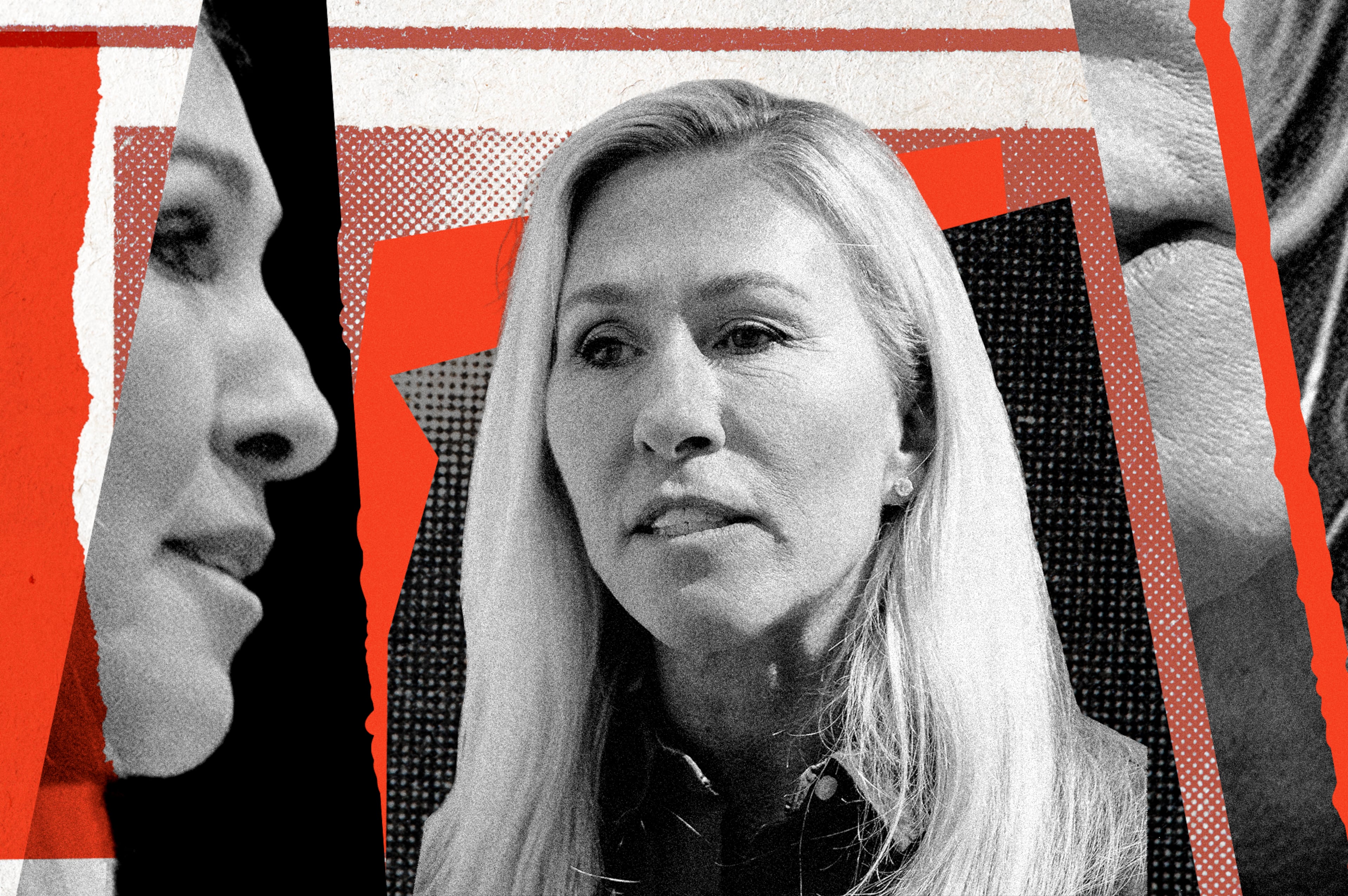Car dealers jacking up add-on prices, discriminating against Hispanics, study finds
DETROIT — The National Consumer Law Center warns that the prices of many auto add-ons — including extended warranties, dent protection and credit insurance — are excessive, arbitrary and discriminate against Hispanic customers.
One Michigan dealer, the nonprofit’s study found, was charging customers $349 to $5,000 for window etching even though the dealer’s cost was just $50.
“Pricing of add-ons is something we’ve been looking at for years,” said John Van Alst, the study’s primary author. “We’re an organization that’s focused on low-income consumers, and we’ve seen a lot of abuses related to add-ons.”
» Iconic Volkswagen bus gets makeover for 2022 release
What’s more, he said, even if customers didn’t want to buy the add-ons, they often felt forced to just to bring the long, arduous negotiations to an end.
The Boston-based organization’s 58-page study, Auto Add-Ons Add Up, looked at data on about 3 million add-on products sold from September 2009 through June 2015 at about 3,000 dealerships nationwide. It was published earlier this month. The key findings: “Add-ons lead to unreasonably high and inconsistent pricing, and Hispanic customers were charged more.”
The study also urged some public policy recommendations that would make pricing more transparent.
» Batman needed a Batmobile, Home Depot was there to help
Andrea Bitely, a spokeswoman for Michigan Attorney General Bill Schuette’s office, had no comment on the study. She declined to say whether anyone had ever filed any complaints in Michigan about add-on pricing.
In response to the study, the Michigan Automobile Dealers Association, a statewide nonprofit trade organization representing more than 650 new-vehicle franchises, said it is not unusual for dealers to charge different prices for different products for different vehicles.
That’s just part of the free-market system, said Terry Burns, MADA’s executive vice president. Customers who don’t want to pay a certain price can negotiate a better deal or simply go down the road to another dealer that wants their business, he added.
Burns, who said he had not read the study, pointed out that many variables go into pricing.
He dismissed the study’s claims of dealer discrimination.
“There is no disparate treatment,” Burns said. “We have different programs, protocols, procedures and paperwork that we complete on each transaction to make sure everyone is treated fairly. But that doesn’t mean that everybody has the same prices or financing because everyone is different.”
» Boy, 10, leads police on 50-mile high-speed chase
The study found:
—Add-on products were sold at prices far above dealer costs. One dealer sold 1,000 window etching products, each with a dealer cost of $16 and a charge to the consumer of $189, for a markup of $173 or 1,081 percent.
—Companies that provided car financing played a role in allowing excessive and discriminatory markups of add-on products. In order to get more business from dealers, some creditors allow higher markups for add-on products.
—Dealers inconsistently priced add-on products, which led to pricing discrimination. Hispanics were charged higher markups than non-Hispanics. Individual dealerships charged some consumers many times more than other consumers for the same product for which the dealer’s cost was fixed.
The study examined a long list of products including key, tire and dent protection plans, prepaid maintenance plans, warranty plans, credit insurance and guaranteed auto protection, which, in a collision, covers the difference between the outstanding debt on the vehicle and the insurance payout.
The source of the data was not disclosed, but the study said it did “verify the accuracy of individual data points through several sources including litigation, newspaper articles, bankruptcy filings and other independent sources.”
To determine ethnicity, the nonprofit said it looked for Hispanic surnames and cross-referenced them with loan data to verify them.
Aside from add-ons, Mark Scarpelli, chairman of the National Automobile Dealers Association, said earlier this month that incentive programs in which dealers get cash from automakers for meeting sales goals can lead to wild discrepancies in prices between dealerships.
“Any dealer who’s had to deal with these programs can tell you that they are not only trust killers, but they’re brand killers too,” he said. “Not being able to offer two customers the same price on the exact same equipped vehicle, just because they came into the dealership on different days of the month, destroys consumer confidence.”
Marisabel Torres, a senior policy analyst at the Washington-based advocacy group UnidosUs, said the discrimination findings were especially troubling.
“The fact that Latino consumers were charged in excess for unnecessary add-ons in the car buying process demonstrates a need for increased oversight in this sector of the market,” she said. “We urge state and federal authorities to further investigate and bring enforcement actions against those found to be engaging in these discriminatory practices.”

